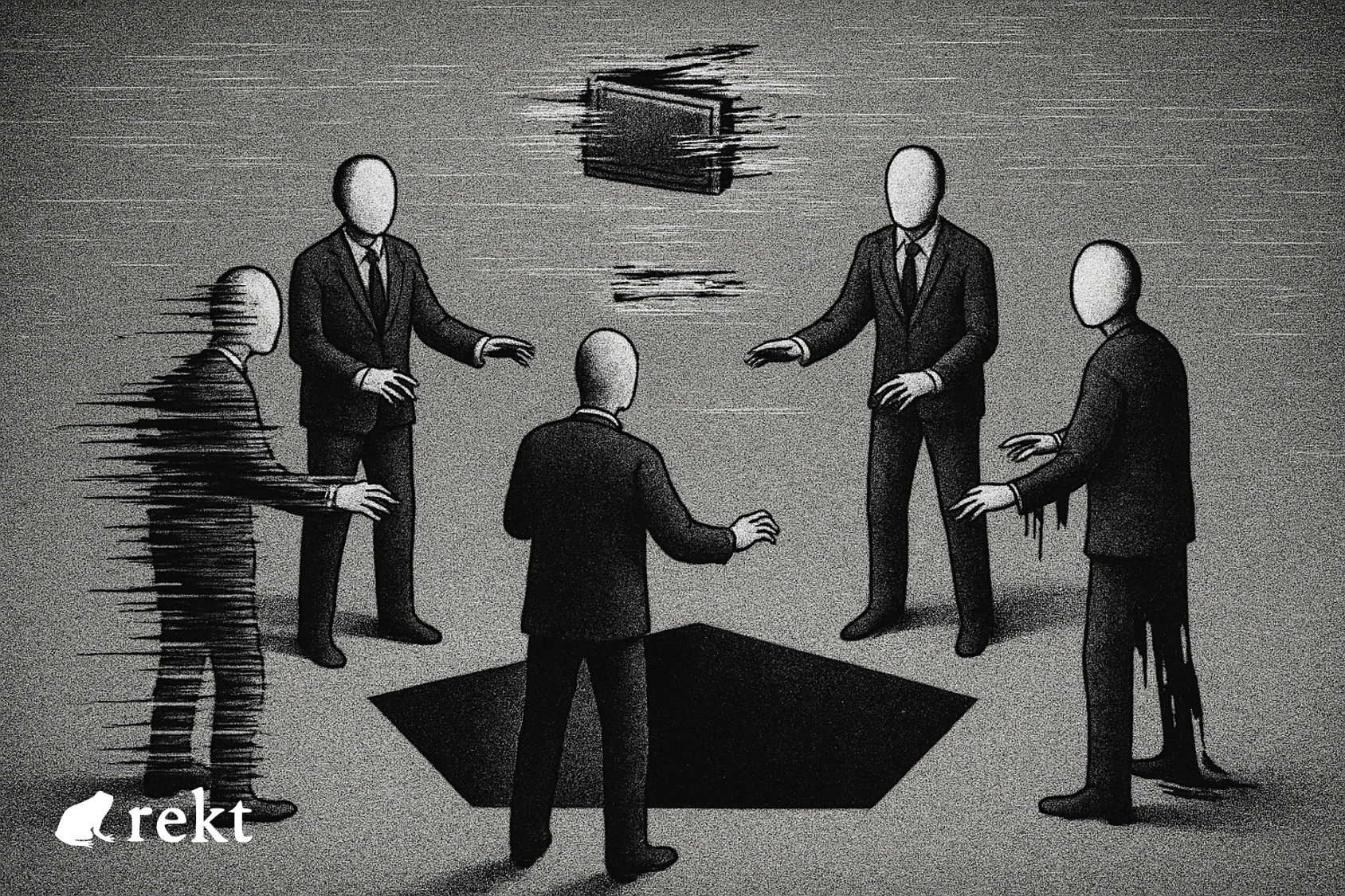Social Recovery Wallets are Broken by Design

The pitch was simple: What if you lose your keys? Don’t worry—your trusted friends will help you get back in. Cute. But in practice, “social recovery” has become the crypto equivalent of leaving your door unlocked because your neighbors seem nice.
You think guardians are some decentralized miracle?
They’re just a multisig of human error.
Let’s be honest: most users pick guardians who are either clueless, careless, or compromised already. Your old college roommate. Your boss. That one dev friend who still hasn’t moved off MetaMask hot wallets.
You think they’re keeping your keys safe?
They can’t even keep their Discord account from getting hijacked by a fake airdrop.
Guardian collusion is the obvious play—three out of five phone calls, and boom, they’ve reset your wallet. No need to hack you directly. Just find the weakest links you picked and let them hand over the goods. One fake email. One fake tweet. One deepfake voice note. And it’s game over.
Still feel “social”?
And even if you do trust your guardians—should you? The UX-first movement turned your security model into a lifestyle app. Smooth interfaces, animated confirmations, email recovery options. All because seed phrases are “too hard.”
Here’s the thing: UX and security are enemies when one is driving the car and the other’s locked in the trunk.
The promise was usability without compromise.
The result? A wide attack surface, gift-wrapped with onboarding candy.
Projects want you to feel safe.
Attackers want you to feel comfortable.
And comfort is the most dangerous opsec flaw of all.
Let’s not pretend it ends with phishing.
What happens when guardians die? Ghost their phones? Lose access themselves?
You thought you avoided single points of failure.
You just outsourced them to other people.
Social recovery isn’t broken because of implementation bugs or rough edge cases.
It’s broken by design — because it trusts humans more than machines in a system that was explicitly built to eliminate human trust.
You don’t solve key loss by adding more humans.
You solve it with cryptography, not crowdsourcing.
But sure—go ahead.
Let your barber and your ex-girlfriend hold your wallet recovery access.
What could go wrong?
REKT sert de plateforme publique pour des auteurs anonymes, nous déclinons toute responsabilité quant aux opinions ou contenus hébergés sur REKT.
faites un don (ETH / ERC20): 0x3C5c2F4bCeC51a36494682f91Dbc6cA7c63B514C
avertissement:
REKT n'est responsable en aucune manière du contenu publié sur notre site Web ou en lien avec nos Services, qu'il soit publié ou occasionné par l'Auteur Anon de notre site Web, ou par REKT. Bien que nous fournissions des règles pour la conduite et les publications de l'Auteur Anon, nous ne contrôlons pas et ne sommes pas responsables de ce que l'Auteur Anon publie, transmet ou partage sur notre site Web ou nos Services, et ne sommes pas responsables de tout contenu offensant, inapproprié, obscène, illégal ou autrement répréhensible que vous pourriez rencontrer sur notre site Web ou nos Services. REKT ne saurait être tenu responsable de la conduite, en ligne ou hors ligne, de tout utilisateur de notre site Web ou de nos services.
